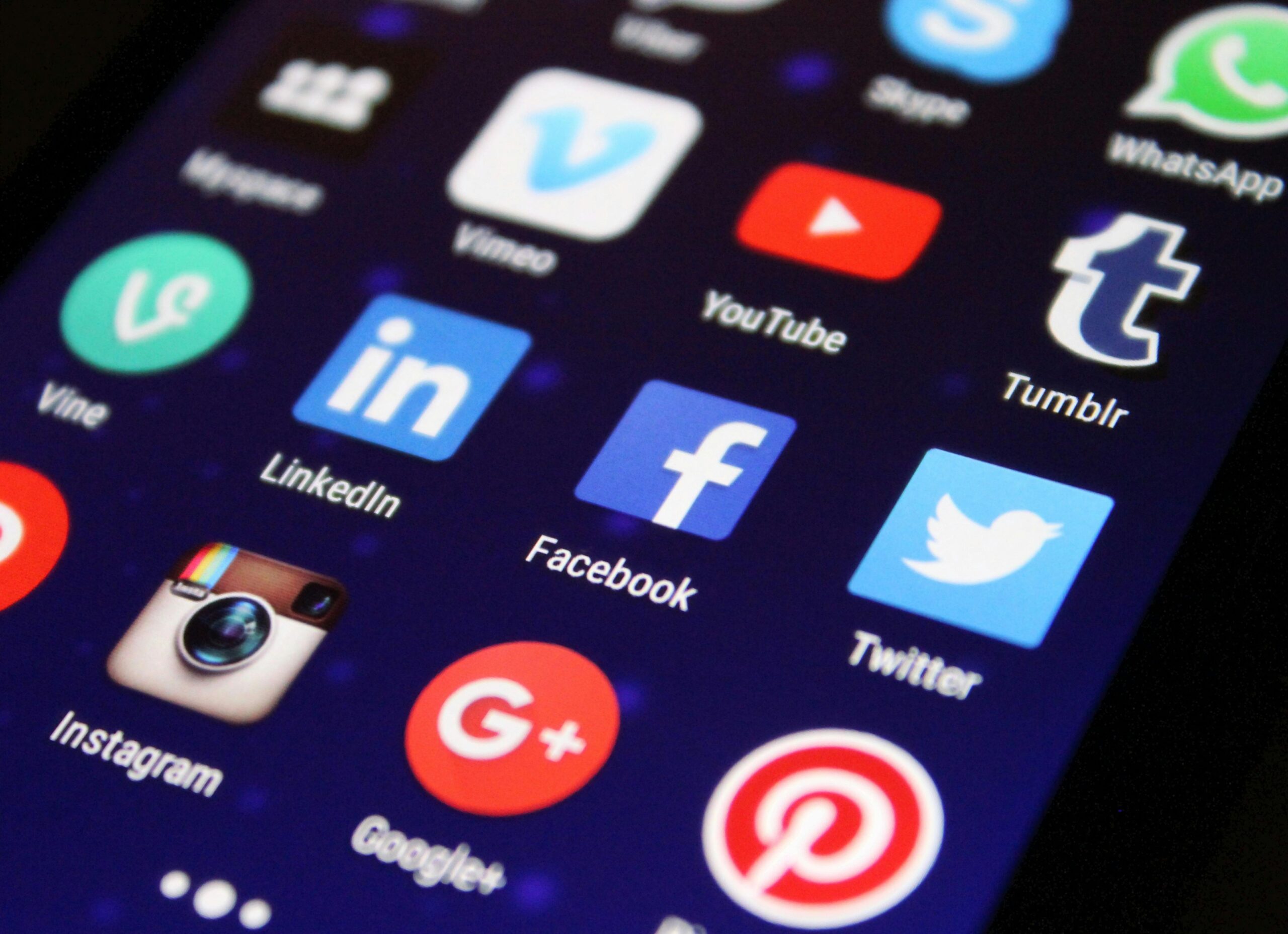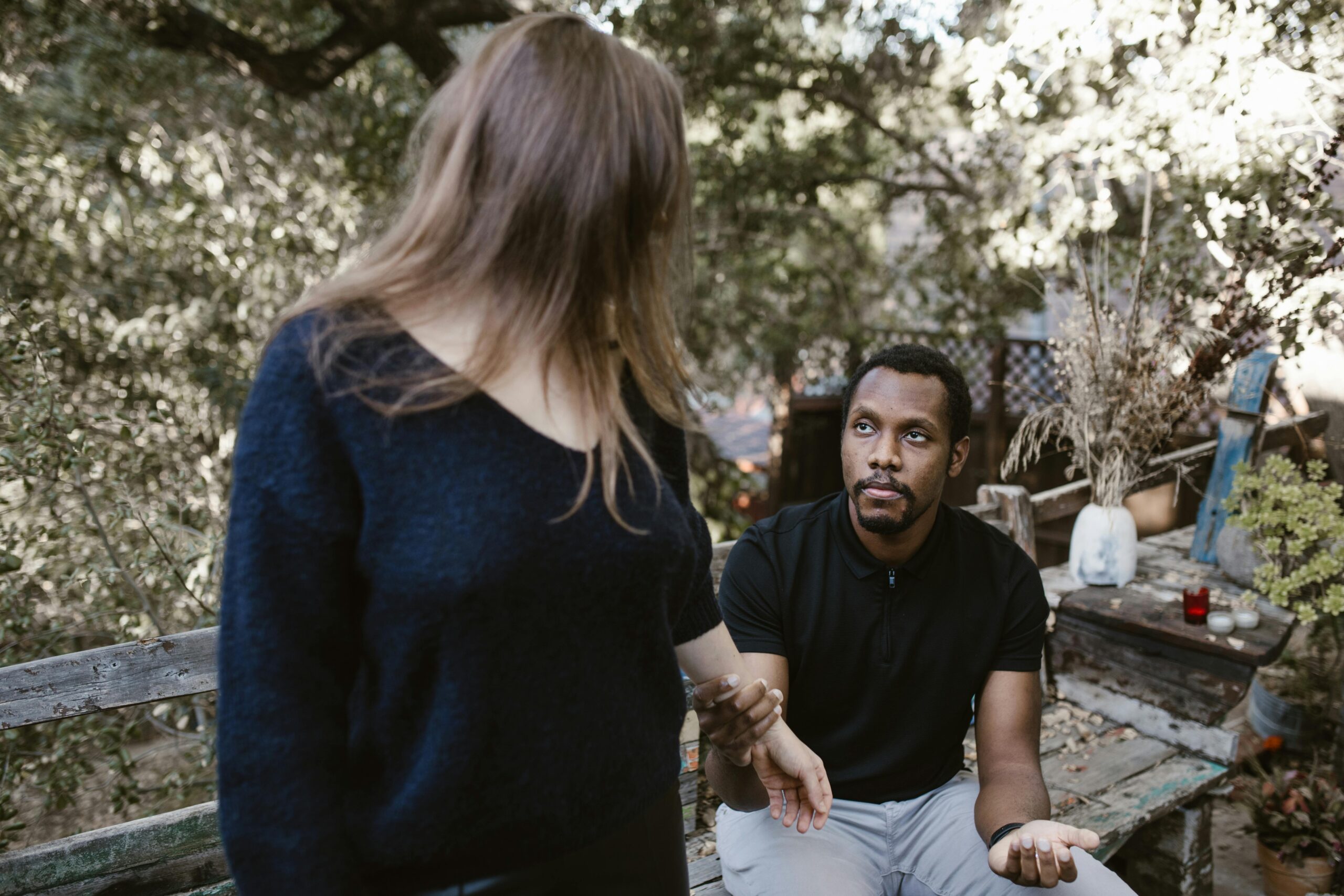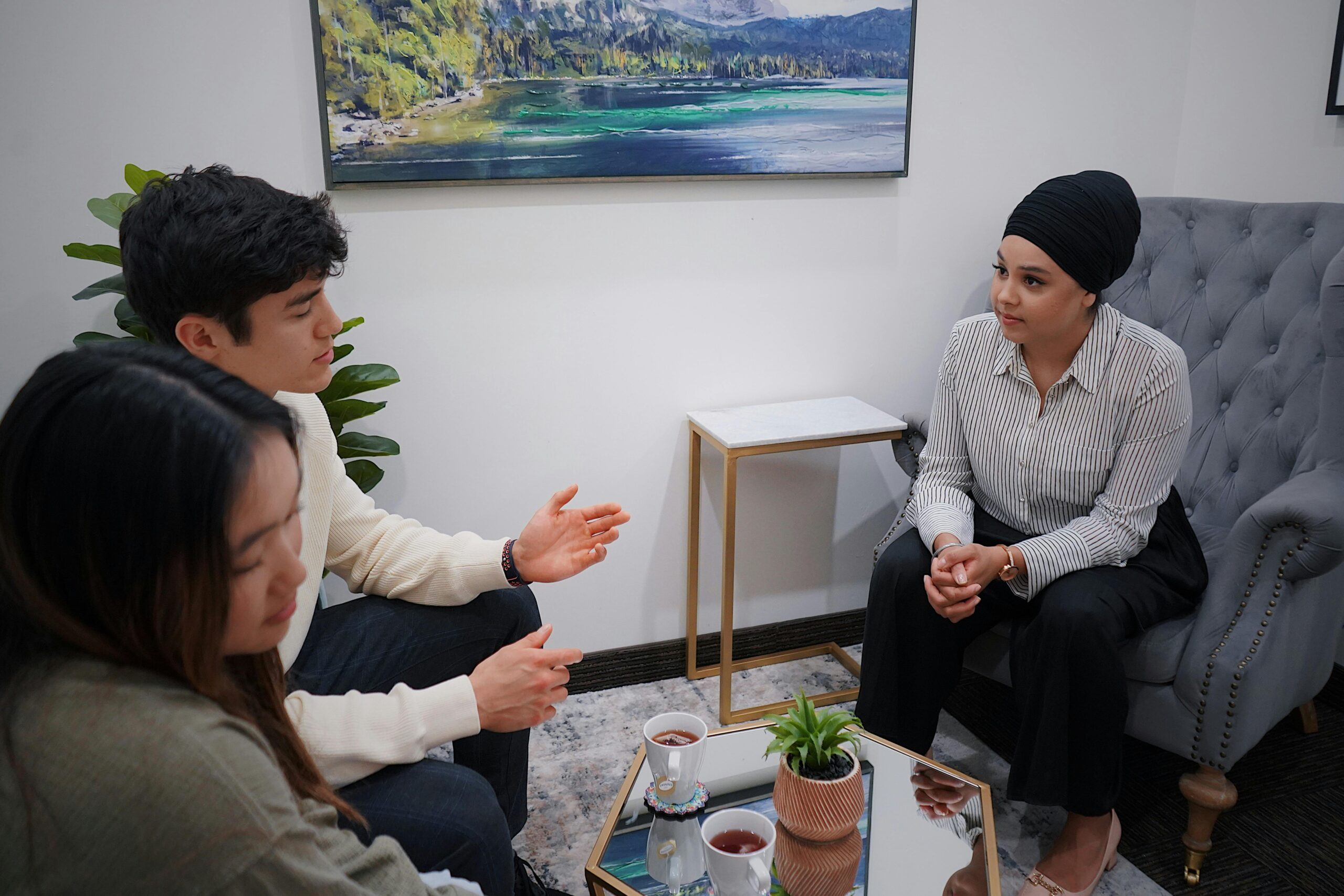‘Explore the dual role of social media in connecting and sometimes isolating individuals, offering advice on healthy digital relationship habits’
In this day and age, when our digital footprints are on par with our physical ones, social media has become an integral part of our everyday lives, becoming an integral part of our everyday existence. Its effects go far beyond just communication; they reach into the core of our connections. This digital occurrence is a strange mix of opposites; it acts as both a bridge to connect hearts that are far apart and an ocean that separates close people.
Impact of Social Media on Personal Relationships
Think about the pair Alex and Jordan, who overcame the obstacles of a long-distance relationship by relying on the support systems offered by social media. Instagram and WhatsApp were their safe havens, places where they could share bits of their day, voice messages filled with laughter, and sleeping video chats that crossed kilometres into mere screens away. These platforms became their sanctuaries. That they were able to connect with each other virtually strengthened their relationship, showing how social media can keep love alive despite distance. How to identify a healthy relationship
Neglect and Loneliness
But things take a strange turn when we look at Sarah and Mike. Their evenings together were often spent looking through their feeds in silence, each of them lost in their own digital world. Ignoring your partner in favour of the phone, which is what “phubbing” means, became a quiet part of their conversations, planting seeds of neglect and loneliness. In this case, the tools that were supposed to help people bond turned out to be tools of separation, showing how contradictory social media can be.
Encourages Comparison
Another terrible creature that social media has brought into the world is the evil “comparison trap.” I remember talking to my friend Emma about how the constant stream of perfect lives on her feed made her feel bad about her self-worth. It wasn’t just the fancy parties or trips to faraway places; it was the happiness that seemed just out of reach every day. A lot of people’s minds are hurt by constantly comparing their real lives to the perfect pictures of other people’s lives. I have discovered that by default, when we are comparing ourselves with others, we constantly compare their strengths to our weaknesses., forgetting that these people keep their weaknesses off social media. Hence, it leads to dissatisfaction and hidden pressures in relationships.
Fuels Distrust and Jealousy
Being able to view all of their partner’s online contacts makes trust and jealousy issues worse for a lot of people. A simple “like,” “comment,” or “follow” can lead to mistakes, showing how social media can change from a way to connect to a way to cause relationship problems.
Given these obstacles, addressing social media engagement requires a purposeful and cautious strategy. For example, establishing “phone-free” hours or activities with my spouse has added to the quality time we spend together, which has helped us become more rooted in the here and now and in each other. Honest discussions about digital habits and expectations have also made it possible to maintain a better balance between online and offline life.
By improving how we interact with social media, we find ways to strengthen our human connections instead of weakening them. We can get through this digital age without losing sight of the basic human need for real, face-to-face connection, understanding, and love if we accept digital limits and encourage open communication. As we go down this road, let’s remember that the real heart of our relationships isn’t just pixels and likes, but the deep, meaningful moments of connection we have with each other, both online and offline.




